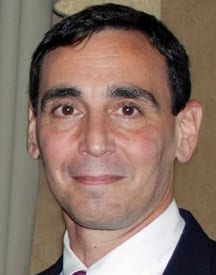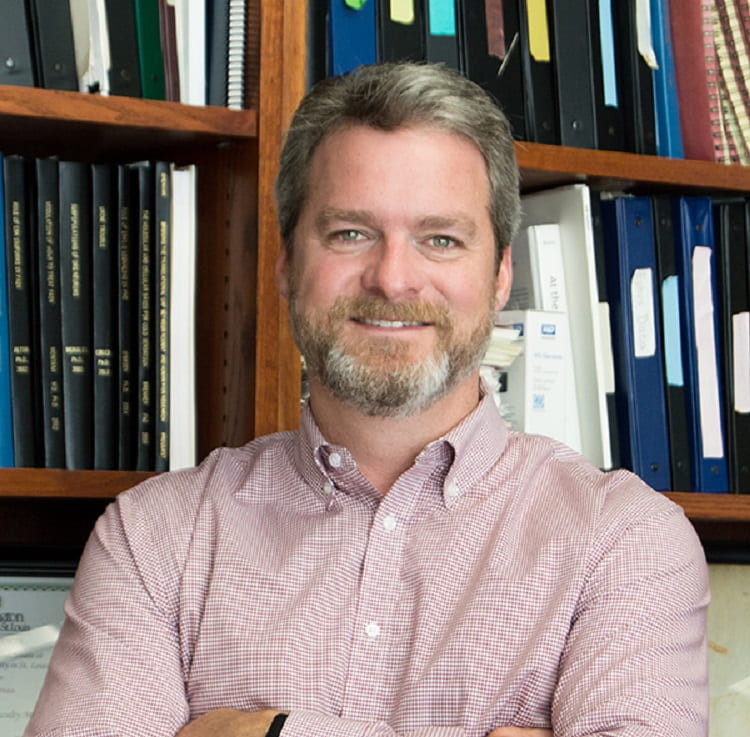Dr. Gereau selected as a new fellow by the American Association for the Advancement of Science (AAAS)
This story originally appeared here.
Eleven faculty members at Washington University in St. Louis — the most in a decade-and-a-half — are among 416 new fellows selected by the American Association for the Advancement of Science (AAAS), the world’s largest general scientific society.
Samuel Achilefu; Victoria J. Fraser, MD; Robert W. Gereau; Kathleen B. Hall; Joseph Jez; Mark E. Lowe, MD, PhD; Linda Joy Pike; Deborah C. Rubin, MD; L. David Sibley; Lilianna Solnica-Krezel; and Gary Silverman, MD, PhD, are being named fellows in recognition of their distinguished efforts to advance science and its applications. Election as an AAAS fellow is an honor bestowed upon the organization’s members by their peers.
The new fellows are being announced in the Nov. 29 issue of the journal Science, and will be honored Feb. 16 during the 2019 AAAS Annual Meeting in Washington, D.C. They are:
Samuel Achilefu, the Michel M. Ter-Pogossian Professor of Radiology at Washington University School of Medicine in St. Louis and professor of biochemistry and molecular biophysics and of medicine, is being honored for his pioneering contributions to molecular imaging, particularly the development of near-infrared molecular imaging and image-guided surgical resection of cancer, and for his outstanding leadership in the scientific community.
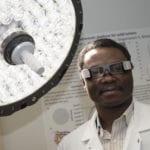
Victoria J. Fraser, MD, the Adolphus Busch Professor and chair of the Department of Medicine at the School of Medicine, is being recognized for her distinguished contributions to the field of hospital epidemiology, particularly for developing strategies to prevent and control hospital-associated infections, adverse events and medical errors.
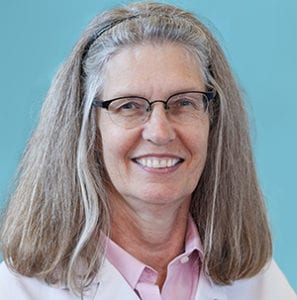
Robert W. Gereau, the Dr. Seymour and Rose T. Brown Professor of Anesthesiology and director of the Washington University Pain Center at the School of Medicine, was chosen for his contributions to research on determining the cellular and molecular changes that underlie the development of chronic pain conditions.
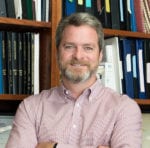
Kathleen B. Hall, professor of biochemistry and molecular biophysics at the School of Medicine, is being honored for her contributions to the field of RNA structure, dynamics and protein interactions.

Joseph Jez, professor of biology in Arts & Sciences and a Howard Hughes Medical Institute professor, is being recognized for his contributions to the field of biology, particularly for studies on the molecular basis of biological processes in plants, microbes and nematodes.

Mark E. Lowe, MD, PhD, professor of pediatrics and vice chair of clinical affairs and strategic planning in pediatrics at the School of Medicine, was chosen for his contributions to the field of molecular and translational medical science, particularly for elucidating the molecular mechanisms of pancreatic lipases in nutrition and pancreatitis.

Linda Joy Pike, the Alumni Endowed Professor of Biochemistry and Molecular Biophysics at the School of Medicine, is being honored for her contributions to the field of signal transduction, medical education and the enhancement of the status of women in academic medicine and science.

Deborah C. Rubin, MD, the William B. Kount Professor of Medicine at the School of Medicine, was selected for her contributions in gastroenterology research, particularly with relevance to human short bowel syndrome and colitis-associated colon cancer.
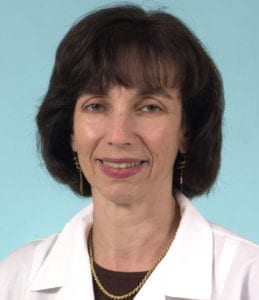
L. David Sibley, the Alan A. and Edith L. Wolff Distinguished Professor of Molecular Microbiology at the School of Medicine, is being recognized for his contributions to microbial pathogenesis, focusing on the protozoan parasite Toxoplasma gondii through genetic dissection of virulence factors and interactions with host immune defenses.
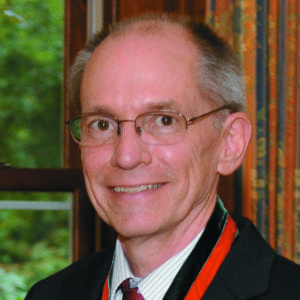
Lilianna Solnica-Krezel, the Alan A. and Edith L. Wolff Professor of Developmental Biology and head of the Department of Developmental Biology at the School of Medicine, is being honored for her contributions to the field of developmental biology, particularly advancing forward genetics to define genetic mechanisms underlying inductive and morphogenetic processes during vertebrate embryogenesis.

Gary Silverman, MD, PhD, the Harriet B. Spoehrer Professor and chair of the Department of Pediatrics at the School of Medicine, was chosen for his contributions to the field of medical science, particularly for identifying the biological functions of intracellular serpins, for innovative clinical care and for physician-scientist training.
